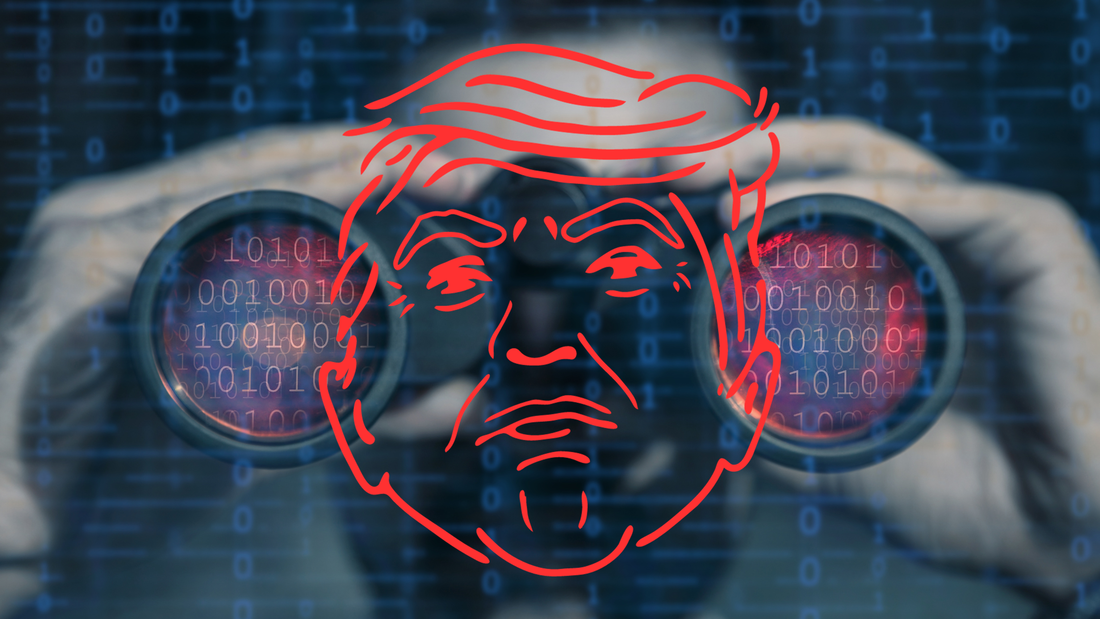|
One of the main shortcomings of the Section 702 extension bill authored by the House Permanent Select Committee on Intelligence (HPSCI) is that it includes no provision to restrict the sale of our personal, sensitive information scraped from our apps, sold to the government by data brokers, and routinely accessed by about a dozen federal agencies without a warrant.
As we’ve written before, the information captured by data brokers can be more intimate than a diary, containing our financial and health records, details of our dating lives, as well as our political or religious associations. Every now and then, a revelation pops out – such as the Pentagon’s spying on a Muslim dating app. But the overall danger remains somewhat abstract to most people. Now, thanks to Aram Sinnreich and Jesse Gilbert in Rolling Stone, we can better visualize how much usable information can be easily obtained from just one broker of consumers’ commercially available data. They contracted with Near, which aggregates smartphone location data to trace the foot traffic of about 1.6 billion people in 44 countries. To demonstrate the power of this technology, Sinnreich and Gilbert – using their laptops from their couches – purchased location data on visitors to and from former President Trump’s Mar-a-Lago estate. They wrote: “Within a few minutes, we had a report profiling thousands of visitors to Trump’s club over the course of an entire year, including details like where they live and work, their ages, incomes, ethnicities, education levels, where they were immediately before visiting, and where they spent their time on property once they got there.” The authors note that Near is just one of hundreds of such services. A well-funded or state-sponsored effort could easily generate rich intelligence and the stuff of blackmail by combining the information from multiple data brokers with data from hundreds of apps, including common games most people download on their smartphones. If they can do this to a former president, Sinnreich and Gilbert write, they can certainly do it to you. This story ought to prompt Congress to seize the reauthorization of Section 702 as an opportunity to place restrictions on warrantless government access to our most personal information. Comments are closed.
|
Categories
All
|


 RSS Feed
RSS Feed